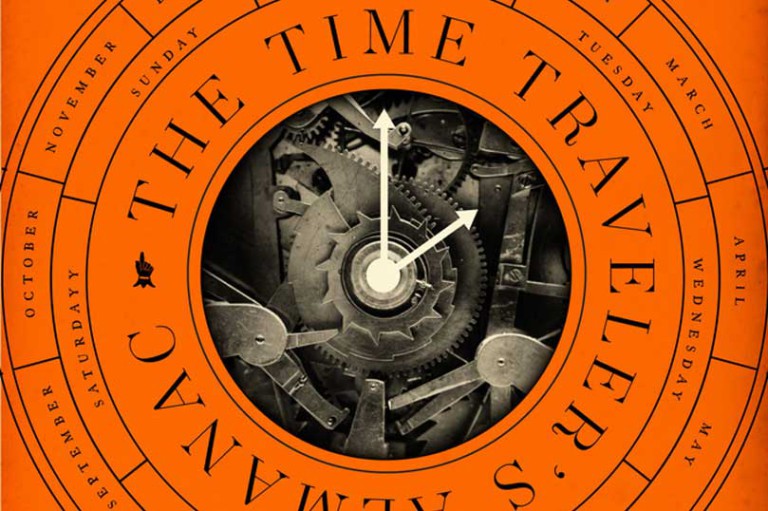A Journey Through Time: Exploring The Concept Of Statutory Holidays In 2025 BC
A Journey Through Time: Exploring the Concept of Statutory Holidays in 2025 BC
Related Articles: A Journey Through Time: Exploring the Concept of Statutory Holidays in 2025 BC
Introduction
In this auspicious occasion, we are delighted to delve into the intriguing topic related to A Journey Through Time: Exploring the Concept of Statutory Holidays in 2025 BC. Let’s weave interesting information and offer fresh perspectives to the readers.
Table of Content
A Journey Through Time: Exploring the Concept of Statutory Holidays in 2025 BC

The concept of "statutory holidays" as we understand it today, with designated days off for specific events, is a modern invention. It is rooted in the evolution of labor laws and societal structures that emerged far later than 2025 BC. While a direct comparison to our contemporary understanding of holidays is impossible, we can delve into the historical context of 2025 BC to understand how people might have observed specific days or periods of time that held cultural or religious significance.
The World in 2025 BC: A Mosaic of Cultures
2025 BC was a time of diverse civilizations across the globe. In Mesopotamia, the Akkadian Empire was flourishing, while in Egypt, the Old Kingdom was in its final stages. In the Indus Valley, a sophisticated urban civilization thrived. These societies, while geographically and culturally distinct, shared commonalities: agriculture played a crucial role in their economies, and religious beliefs and practices were deeply intertwined with daily life.
Religious Festivals and Agricultural Cycles:
The calendar in 2025 BC was likely based on the lunar cycle, and religious festivals were often tied to agricultural events. These festivals provided opportunities for communal celebration, offering a break from the rigors of daily life. For example, in ancient Egypt, the Nile River’s annual flooding, crucial for agriculture, was celebrated with festivals honoring the god Hapy.
Seasonal Observances:
The agricultural calendar dictated the rhythm of life, and specific periods were marked by observances. The planting and harvesting seasons, crucial for survival, were likely accompanied by rituals and ceremonies. These events provided opportunities for social bonding, religious devotion, and a sense of community.
Royal Celebrations:
In societies with centralized power, such as the Akkadian Empire, royal birthdays or anniversaries might have been celebrated with public festivities. These events served to reinforce the king’s authority and demonstrate the prosperity of the realm.
Understanding the Significance:
While the term "statutory holiday" wouldn’t have existed in 2025 BC, these periods of celebration and observance held significant social and religious importance. They fostered a sense of community, reinforced religious beliefs, and provided a respite from the demands of daily life.
Exploring the Concept Through a Modern Lens:
While we cannot directly compare the concept of statutory holidays in 2025 BC to our modern understanding, the historical context offers valuable insights:
- Importance of community: Just as statutory holidays today bring people together, ancient celebrations fostered a sense of belonging and shared identity.
- Religious and cultural significance: Religious festivals and agricultural observances were deeply intertwined with cultural beliefs and values, mirroring how modern holidays often reflect our societal and cultural traditions.
- Time for reflection and renewal: The break from routine offered by celebrations and observances provided a space for reflection and renewal, similar to how modern holidays offer time for relaxation and introspection.
FAQs about Statutory Holidays in 2025 BC:
Q: Did people in 2025 BC have specific days off for religious festivals?
A: The concept of "days off" as we know it today did not exist in 2025 BC. However, religious festivals were periods of celebration and often involved a suspension of normal activities, offering a break from daily routines.
Q: How did people in 2025 BC know when to celebrate religious festivals?
A: The calendar in 2025 BC was likely based on the lunar cycle, and priests or other religious figures would have been responsible for determining the dates of important festivals.
Q: Were there any legal regulations regarding observances in 2025 BC?
A: While there might have been some local regulations regarding specific observances, the concept of "statutory holidays" with legal backing did not exist in 2025 BC.
Tips for Understanding Statutory Holidays in 2025 BC:
- Focus on the cultural context: Consider the social, religious, and economic structures of the time.
- Look for patterns and themes: Identify recurring patterns in observances and celebrations.
- Think about the role of agriculture: Agricultural cycles played a significant role in the lives of people in 2025 BC, influencing the timing of many celebrations.
Conclusion:
While the term "statutory holidays" is a modern construct, examining the historical context of 2025 BC reveals the importance of celebrations and observances in ancient societies. These events provided opportunities for community building, religious devotion, and a break from the daily grind, highlighting the enduring human need for shared experiences and moments of reflection. By understanding these historical practices, we gain a deeper appreciation for the evolution of our own holiday traditions and the enduring significance of collective celebration.








Closure
Thus, we hope this article has provided valuable insights into A Journey Through Time: Exploring the Concept of Statutory Holidays in 2025 BC. We thank you for taking the time to read this article. See you in our next article!
You may also like
Recent Posts
- Exploring The World In February 2025: A Guide To Travel Destinations
- Navigating The Summer School Holidays In The UK: A Comprehensive Guide For 2025
- Navigating Singapore’s Public Holidays In 2025: A Comprehensive Guide
- A Comprehensive Guide To Skiing Holidays In January 2025
- Embracing The Winter Wonderland: A Comprehensive Guide To Ski Holidays In January 2025
- Tenerife In April 2025: A Springtime Escape To The Canary Islands
- The Future Of Travel: A Look At Holiday Trends For 2025
- Unveiling The World Of Travel: An Exploration Of Thomas Cook’s 2025 Brochure
Leave a Reply